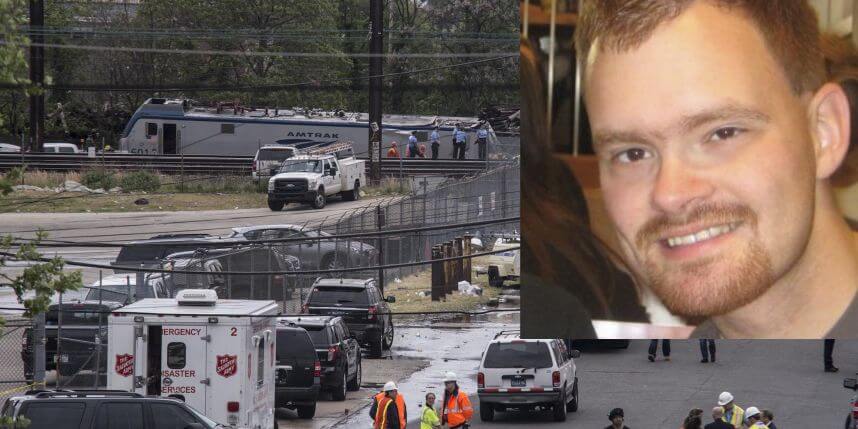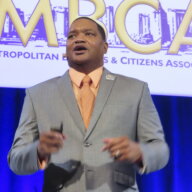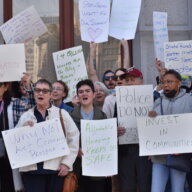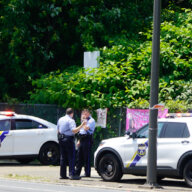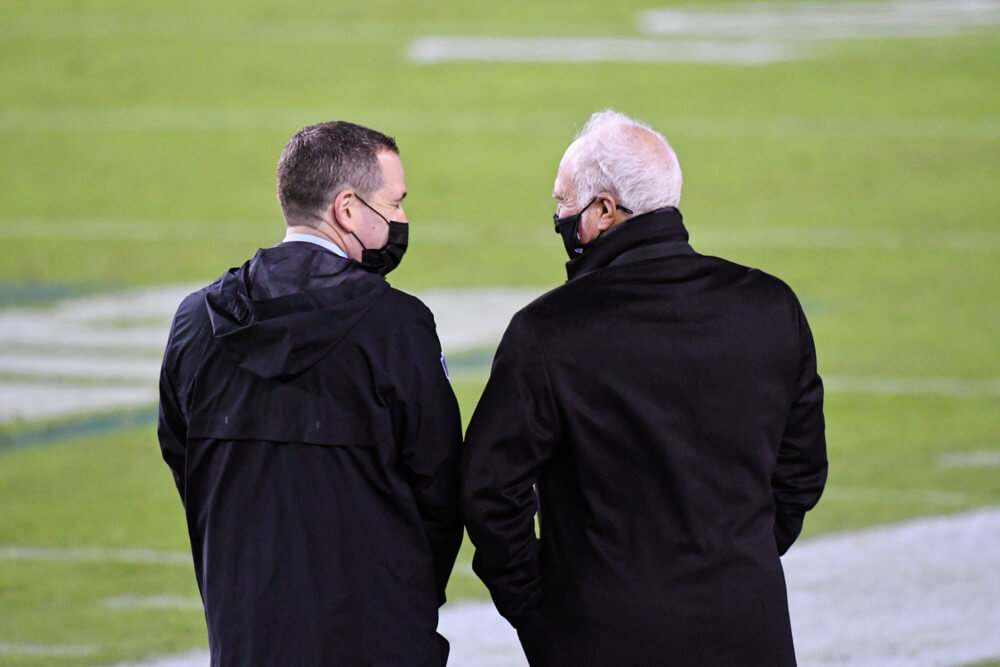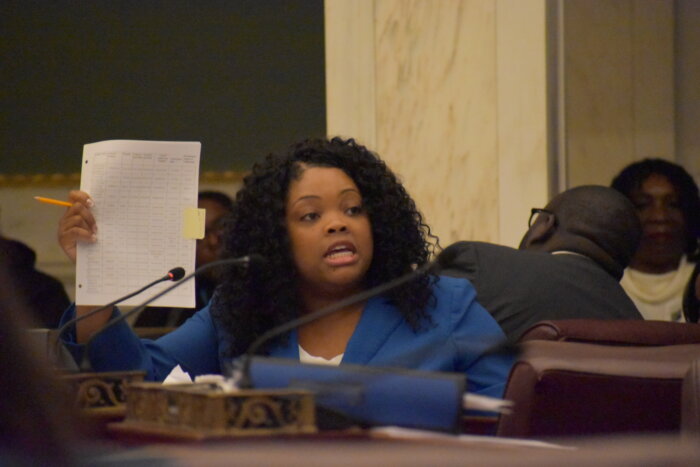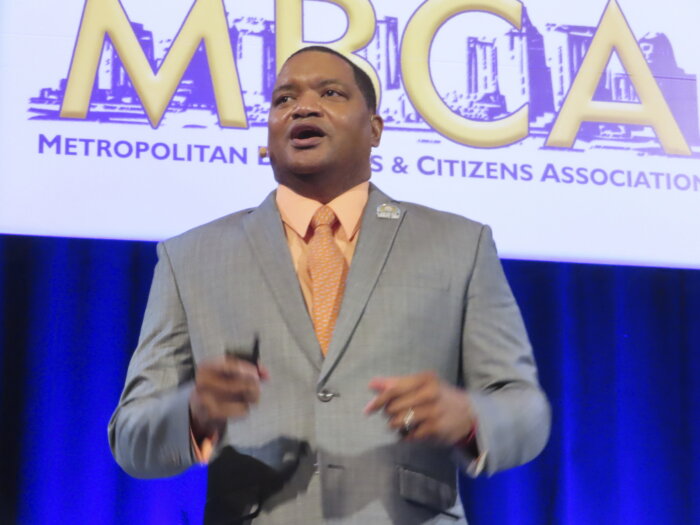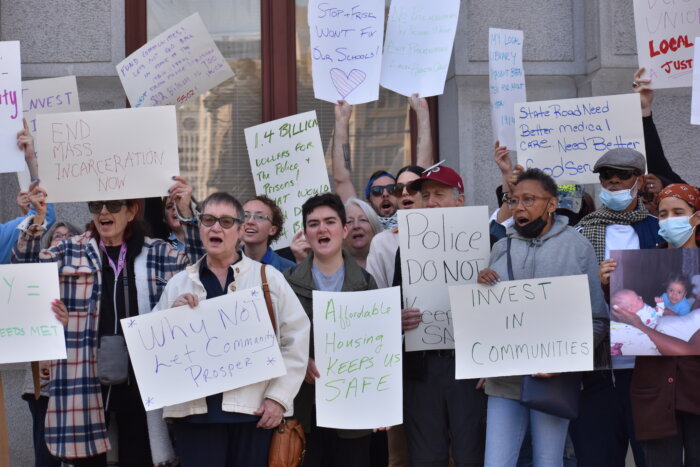Almost exactly two years after an Amtrak train derailed in Port Richmond while traveling at 106 mph, the Philadelphia District Attorney’s Office announced that it will not charge Amtrak engineer Brandon Bostian in the fatal crash.
On Tuesday, the district attorney’s office said that, through the course of its investigation into what caused the May 12, 2015, crash along Amtrak’s Frankford Junction — which killed eight people and injured 200 more — “two senior members of the office’s Homicide Unit worked closely with Philadelphia police and Amtrak officials, including experienced train engineers,” and found no evidence of criminal intent.
“The evidence indicates that the derailment was caused by the engineer operating the train far in excess of the speed limit,” the DA’s office said in a statement.
However, they said there was not enough evidence to file criminal charges.
RELATED: Read the interview with doomed Amtrak train’s engineer Brandon Bostian
“We have no evidence that the engineer acted with criminal ‘intent’ or criminal ‘knowledge’ within the special meaning of those terms under Pennsylvania law for purposes of criminal charges,” prosecutors said. “Nor do we believe there is sufficient evidence to prove, beyond a reasonable doubt, criminal recklessness, which would be the only other basis for criminal liability.”
The National Transportation Safety Board previously ruled that the derailment was caused by Bostian, of New York, losing “situational awareness” due to being distracted minutes before the train derailed by radio reports about a SEPTA Regional Rail train having its windshield shattered by a thrown rock.
Throughout their investigation, the DA’s office said that officials at the office worked with officials from the NTSB and thoroughly reviewed the NTSB report on the incident.
They also rode in the cab of a train along the route leading to the scene of the derailment, reviewed the audio tapes of what the engineer said and heard before the derailment, and reviewed the engineer’s cell phone, cell phone records and cell site data, prosecutors said Tuesday.
While the train was traveling in excess of the speed limit before the crash, the DA’s office concluded that the investigation did not find “evidence sufficient to prove beyond a reasonable doubt that the engineer ‘consciously’ disregarded the risk.”
“Today, it was justice that was derailed,” Philly attorney Robert Mongeluzzi, who along with other attorneys won a $265 million settlement from Amtrak for victims and their family members, said in a statement released Tuesday. “How can the engineer of that speeding passenger train kill eight people, injure 220 and walk away without even getting a speeding ticket?”
Mongeluzzi said he disagreed with the DA’s decision not to prosecute.
“As counsel for many of those victims, we strongly believe that the ultimate question whether engineer Bostian committed a crime — at minimum, recklessly endangering the lives of those aboard his train — should be answered by a jury of his peers in a Philadelphia courtroom,” he said.



